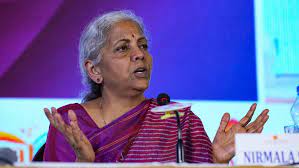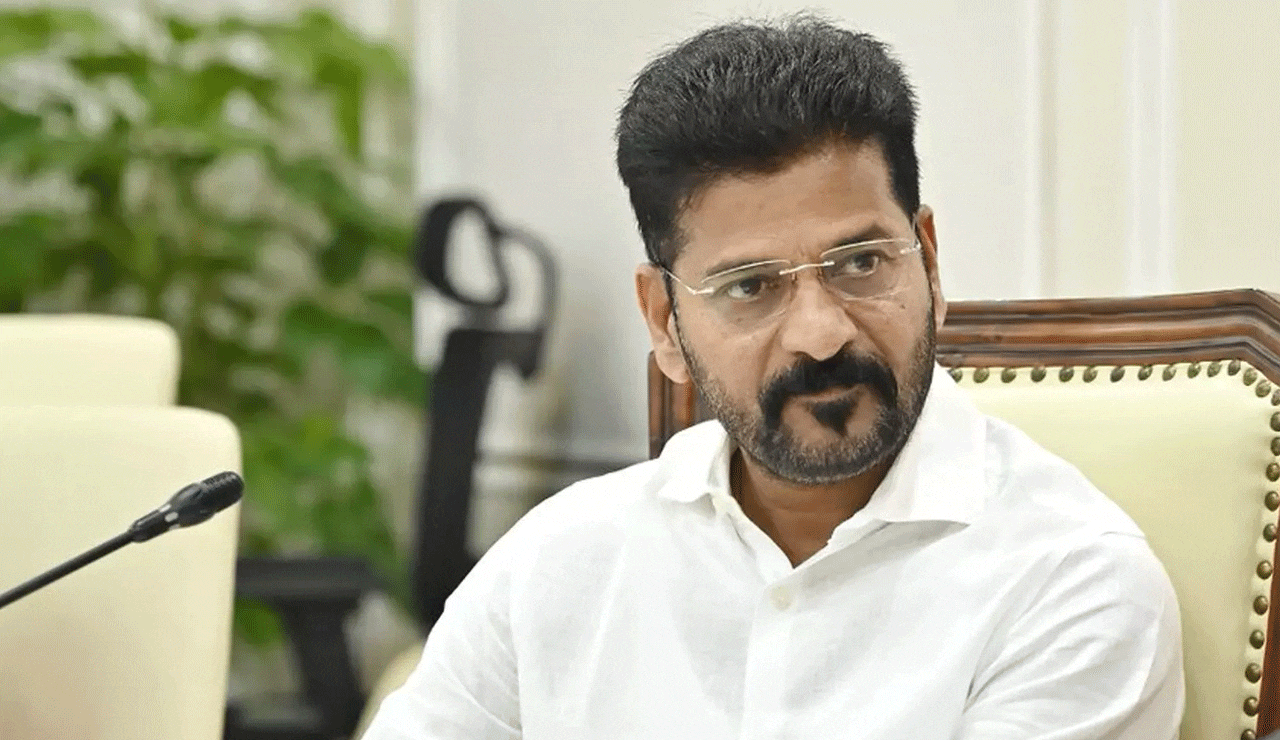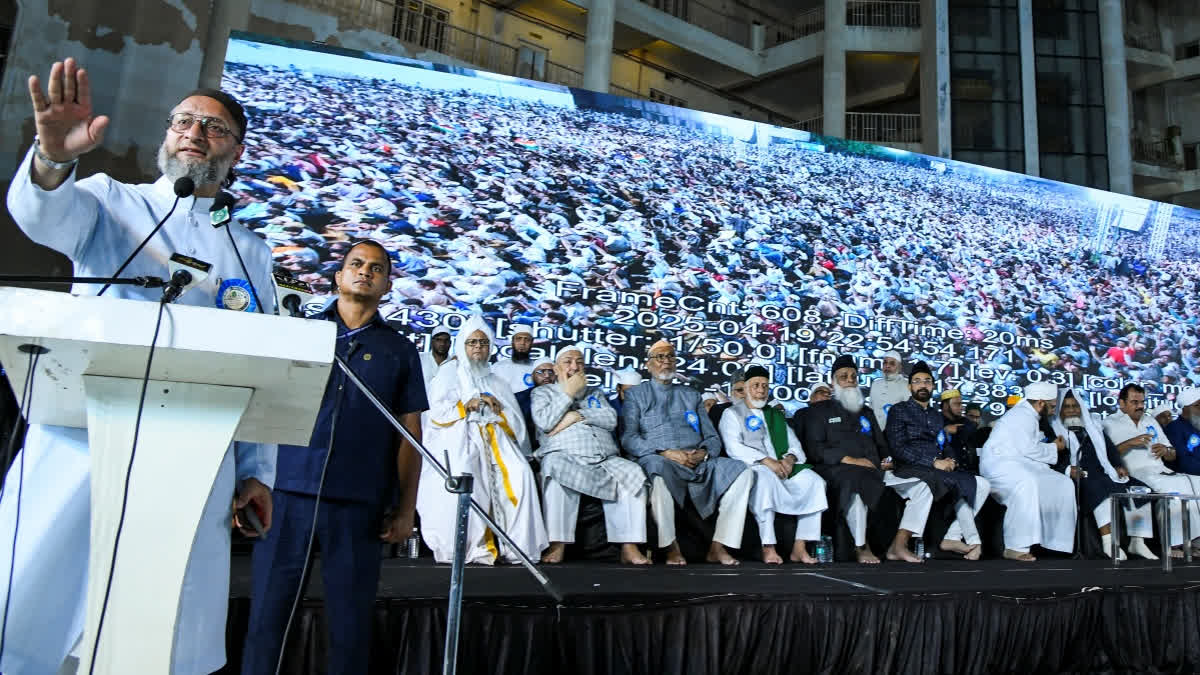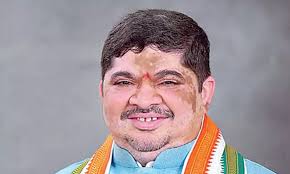Austria threatens EU funding cuts over Hungary's hard line on refugees
Sat 11 Mar 2017, 13:34:29
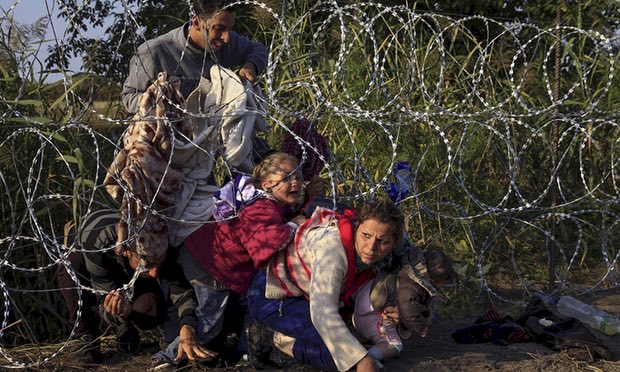
Austria has warned that net contributors to the EU budget will refuse to continue paying unless beneficiaries in central Europe take their quota of refugees.
Austria’s chancellor, Christian Kern, said he would raise the issue of cutting EU contributions to countries such as Hungary and Poland at an EU summit this week.
Hungary has taken a hard line against refugees and on Tuesday passed a law to force all asylum seekers into detention camps while they wait for their cases to be heard. The country’s prime minister, Viktor Orbán, welcomed the move in a speech to border guards in which he called migration “a Trojan horse for terrorism”.
Hungary has taken a hard line against refugees and on Tuesday passed a law to force all asylum seekers into detention camps while they wait for their cases to be heard. The country’s prime minister, Viktor Orbán, welcomed the move in a speech to border guards in which he called migration “a Trojan horse for terrorism”.
Kern told Die Welt: “The money from the EU budget must also be spread more equitably among the member countries in the future. If countries continue to avoid resolving the issue of migration, or tax dumping at the expense of their neighbours, they will not be able to receive net new payments of billions from Brussels.”
He said some countries expected solidarity on economic development, security interests or sanctions against Russia but refused it on other issues. “Selective solidarity should in the future also lead to selective payments among the net payers. Solidarity is not a one-way street,” he said.
So far 13,500 refugees have been redistributed under an EU scheme. Poland has not yet accepted a single migrant out of its allocated 6,182 and is the largest net recipient from the EU budget, at €9.5bn. It is followed in the region by the Czech Republic (€5.7bn), Romania (€5.2bn) and Hungary (€4.6bn).
As many as 98,000 refugees are due to distributed by September.
The issue of EU budget contributions is becoming more politically controversial in the wake of the decision of the UK, a net contributor, to leave the EU. Kern said the absence of UK contributions after Brexit would require efficiency savings to stop the sums paid by remaining member states from
rising.
The issue of EU budget contributions is becoming more politically controversial in the wake of the decision of the UK, a net contributor, to leave the EU. Kern said the absence of UK contributions after Brexit would require efficiency savings to stop the sums paid by remaining member states from
rising.
The UN high commissioner for human rights, Prince Zeid bin Ra’ad, on Wednesday accused Orbán of promoting “toxic notions of ethic purity” and said detaining asylum seekers fell short of international norms.
“Yesterday, the Hungarian parliament passed a bill requiring all migrants to be transported to an area outside the country’s border fence. All asylum seekers would be held in detention in this same area for the entire duration of the country’s asylum procedure, which falls far short of international norms. As is also the case in Poland, the Hungarian government has continued to undermine civil society and judges, and increase government influence over the media.”
The Hungarian government has remained defiant in the face of criticisms from the United Nations and human rights groups, saying it was not interested in those who advocated solutions that led to anarchy and chaos.
Foreign affairs spokesman Tamás Menczer rejected criticism of the measure. “The idea that Hungary should disregard both Hungarian and international law and allow illegal immigrants, about whom we know nothing and who have travelled through a host of safe countries just because they want to live in Germany or Sweden, into the country is nonsense,” he said.
The Hungarian measure has been welcomed by European far-right parties, including Germany’s Alternative für Deutschland, but has also led some mainstream politicians to call for similar measures.
Stephan Mayer, the interior spokesman for Angela’s Merkel’s CDU/CSU, urged coalition partners the SPD to agree to the construction of transit centres at which asylum seekers would undergo identity and security checks.
Stephan Mayer, the interior spokesman for Angela’s Merkel’s CDU/CSU, urged coalition partners the SPD to agree to the construction of transit centres at which asylum seekers would undergo identity and security checks.
“The SPD should no longer be closed to this proposal,” Mayer said, adding that it was the best way to prevent a repetition of the influx of migrants in 2015.
The SPD rejected the proposal, saying it was at odds with humanitarian and legal principles.
No Comments For This Post, Be first to write a Comment.
Most viewed from International
Most viewed from World
AIMIM News
Latest Urdu News
Most Viewed
May 26, 2020
Do you think Canada-India relations will improve under New PM Mark Carney?
Latest Videos View All
Like Us
Home
About Us
Advertise With Us
All Polls
Epaper Archives
Privacy Policy
Contact Us
Download Etemaad App
© 2025 Etemaad Daily News, All Rights Reserved.

.jpg)
.jpg)
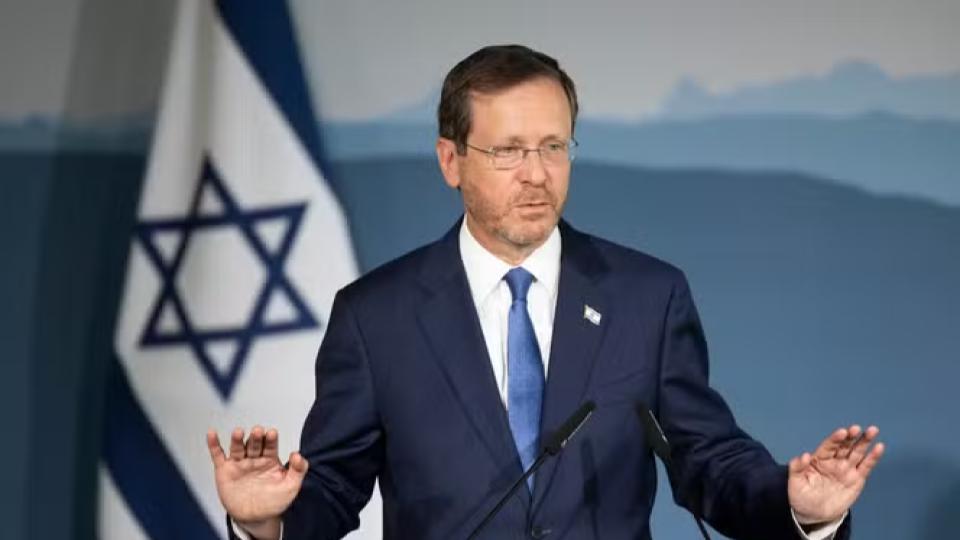
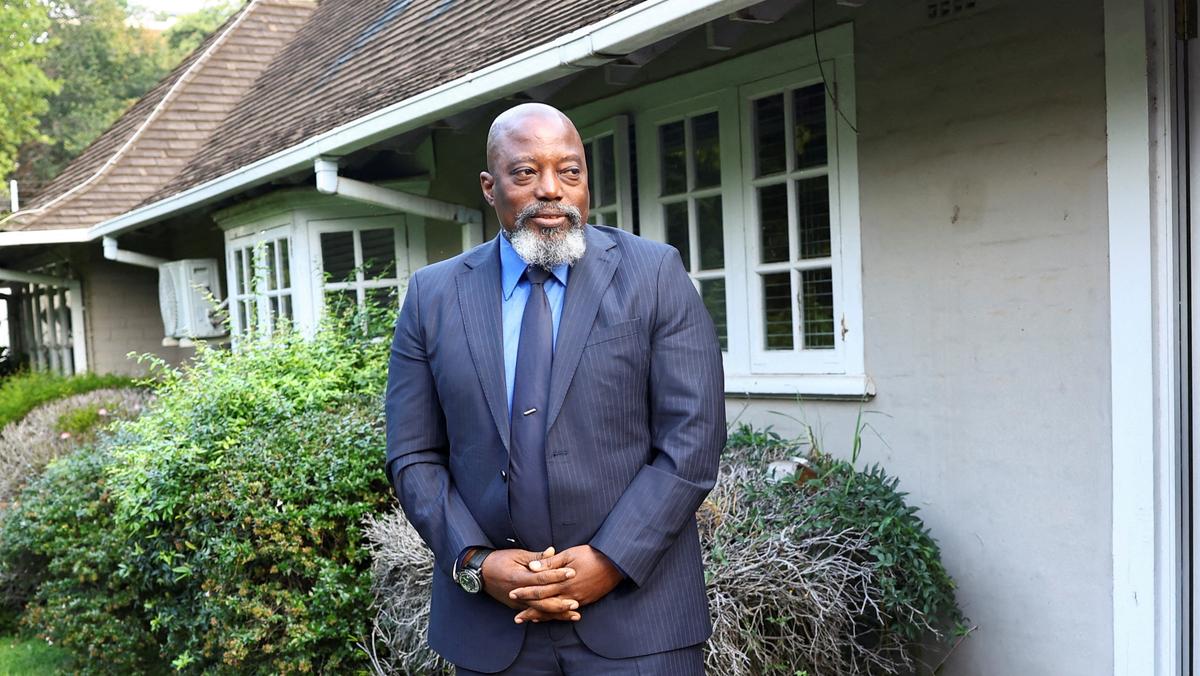
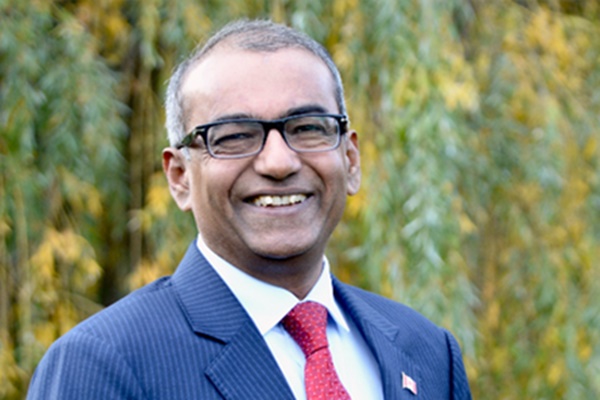


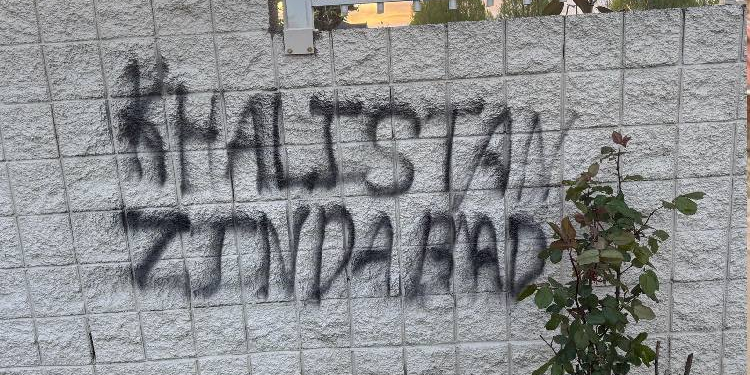




.jpg)
.jpg)
.jpg)
.jpg)
.jpg)
.jpg)
.jpg)
